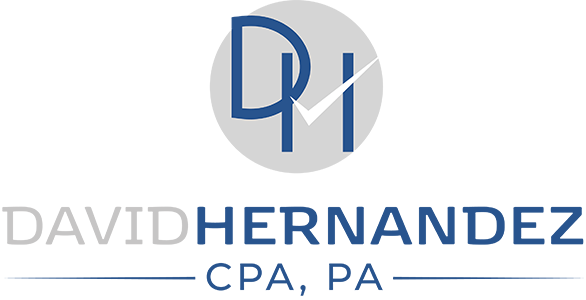
Accounting is a critical aspect of running a successful business. However, even the most diligent business owners can make mistakes that lead to financial inaccuracies. These errors can have significant consequences, including inaccurate financial reports, tax penalties, and cash flow problems.
To help you maintain accurate records and avoid common pitfalls, here are seven tips to steer clear of common accounting errors.
1. Keep Personal and Business Finances Separate
One of the most fundamental rules of bookkeeping is to keep your personal and business finances separate. Mixing these accounts can lead to confusion and inaccuracies. Open a dedicated business bank account and use it exclusively for business transactions. This will make it easier to track expenses, manage cash flow, and prepare accurate financial statements.
2. Stay on Top of Record-Keeping
Consistent and timely record-keeping is essential for accurate bookkeeping. Make it a habit to record all transactions as they occur. Waiting until the end of the month to enter data can lead to missing or forgotten transactions. Use accounting software to streamline this process and reduce the risk of errors.
3. Reconcile Accounts Regularly
Regular account reconciliation is crucial for ensuring that your financial records match your bank statements. Reconcile your accounts at least once a month to catch discrepancies early and correct them promptly. This practice helps you maintain accurate records and provides a clear picture of your financial health.
4. Understand and Properly Categorize Expenses
Properly categorizing expenses is vital for accurate financial reporting and tax preparation. Misclassified expenses can distort your financial statements and lead to incorrect tax filings. Familiarize yourself with common expense categories and ensure that all transactions are categorized correctly. Accounting software can help automate this process and reduce the risk of errors.
5. Avoid Overlooking Receipts and Invoices
Keeping track of all receipts and invoices is essential for accurate bookkeeping. Missing receipts can lead to incomplete records and potential tax issues. Develop a system for storing and organizing receipts, whether digitally or physically. Many accounting software programs allow you to attach digital copies of receipts to transactions, making it easier to keep everything in one place.
6. Monitor Cash Flow Closely
Maintaining a healthy cash flow is critical for the survival of any business. Regularly monitor your cash flow to ensure you have enough funds to cover expenses and invest in growth opportunities. Poor cash flow management can lead to missed payments, overdraft fees, and strained vendor relationships. Use cash flow statements to track incoming and outgoing funds and make informed financial decisions.
7. Consult with a Professional Accountant
While these tips can help you avoid common accounting errors, consulting with a professional accountant provides an extra layer of assurance. An accountant can review your records, identify potential issues, and offer strategic advice to improve your financial management. They can also help you navigate complex tax regulations and ensure compliance with all financial reporting requirements.
Ensuring Accurate Bookkeeping for Your Business
Accurate bookkeeping is essential for the success and growth of your business. By keeping personal and business finances separate, staying on top of record-keeping, reconciling accounts regularly, properly categorizing expenses, tracking receipts, monitoring cash flow, and consulting with a professional accountant, you can avoid common accounting errors and maintain accurate financial records. To learn about our accounting services click here, or to learn more about common accounting errors follow this link to OuickBooks.
David Hernandez, CPA, PA, understands the challenges small business owners face in managing their finances. If you need support achieving your financial goals, click here to schedule a consultation.
